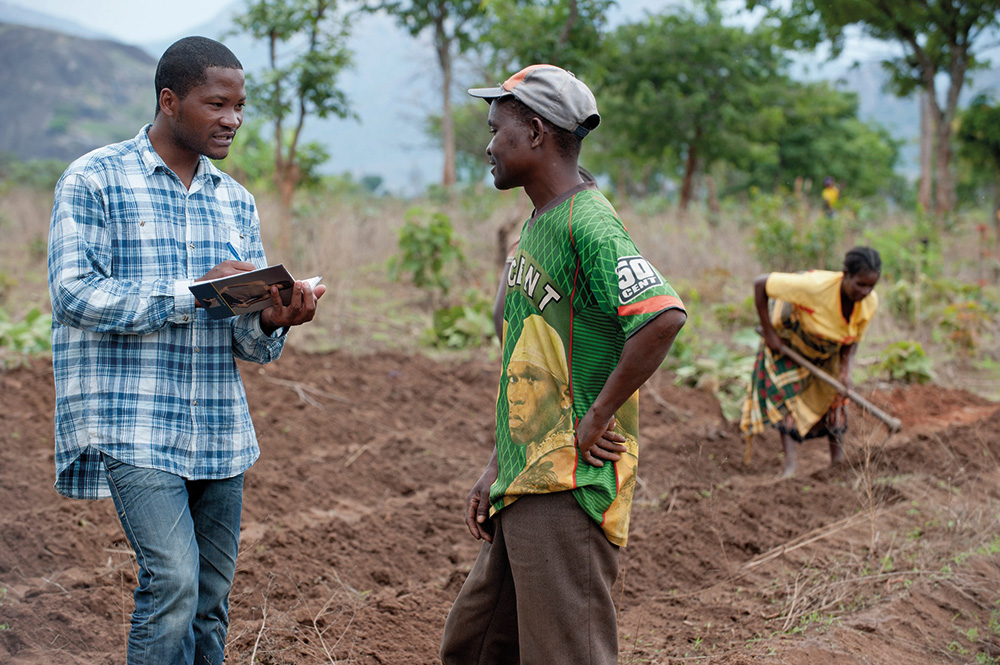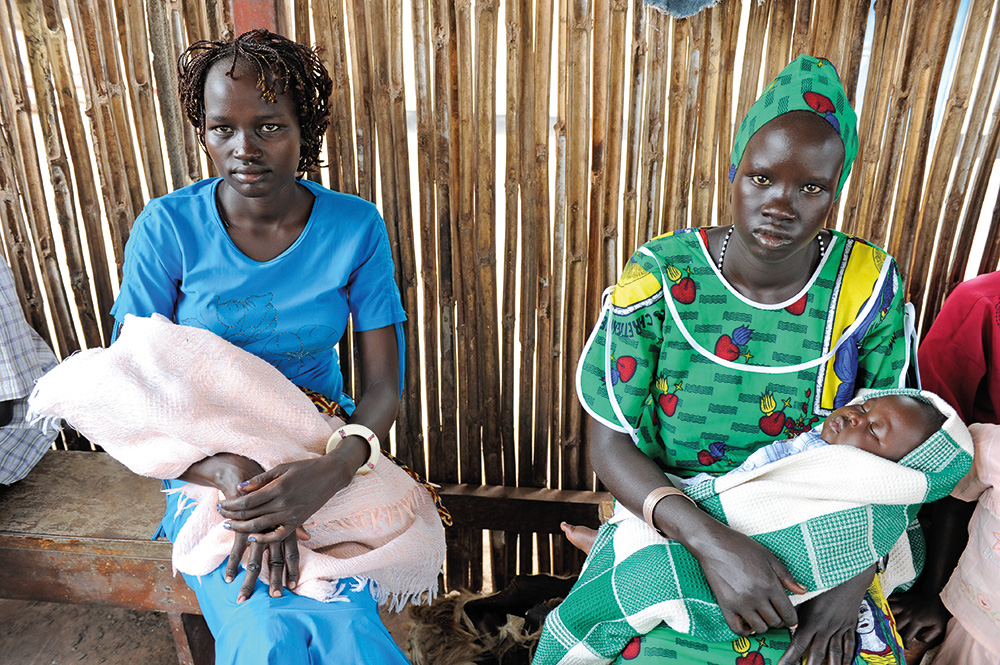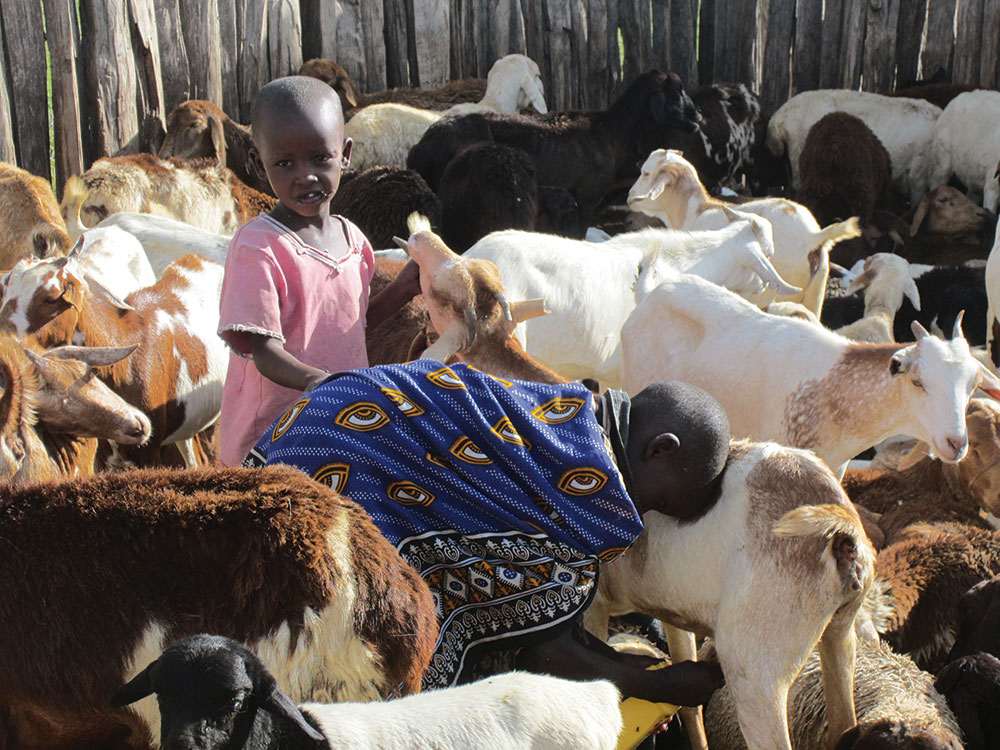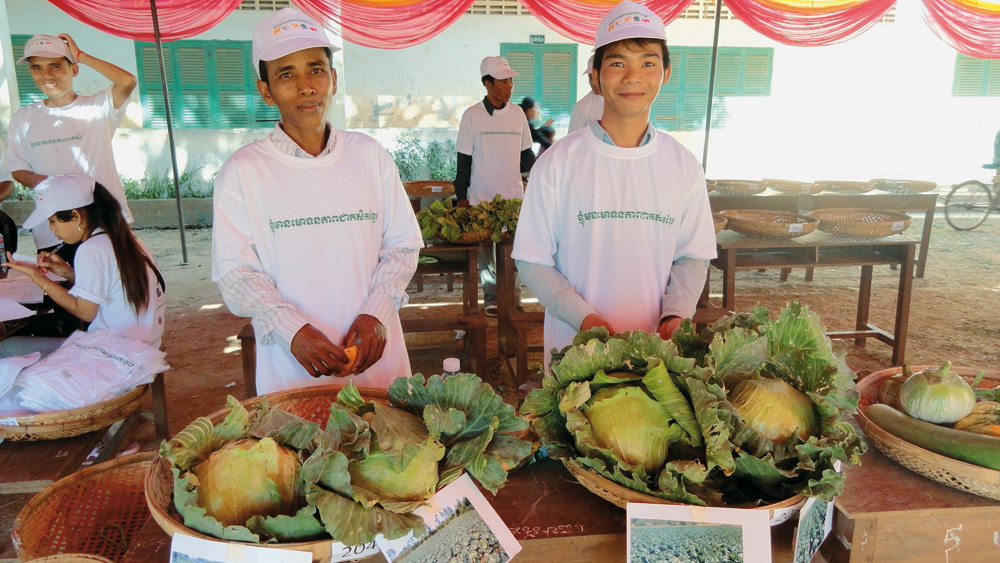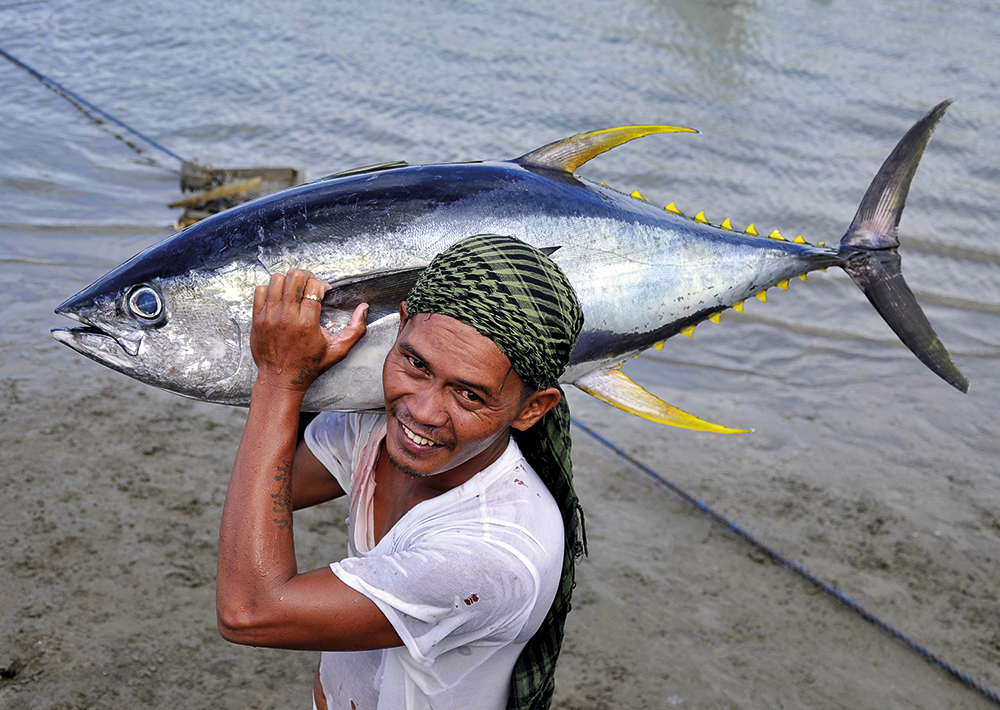Tropical forage-based systems for climate-smart livestock production in Latin America
Tropical forage grasses and legumes as key components of sustainable crop-livestock systems in Latin America and the Caribbean have major implications for improving food security, alleviating poverty, restoring degraded lands and mitigating climate change. Climate-smart tropical forage crops can improve the livestock productivity of smallholder farming systems and break the cycle of poverty and resource degradation.

